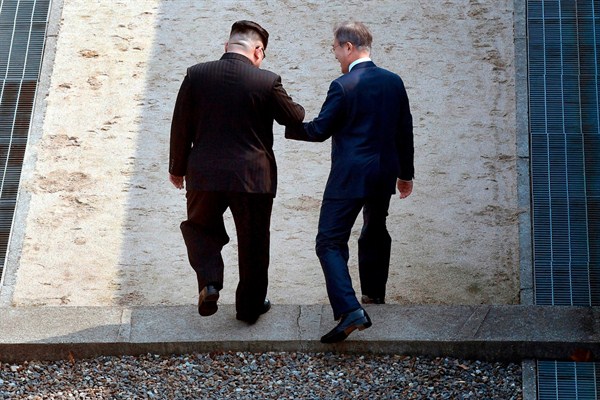Is the United Nations finally adapting to an Asian century?
This week, Security Council ambassadors are visiting Bangladesh and Myanmar to investigate the suffering of the Rohingya. In doing so, they are facing up to one of the U.N.’s most significant failures of recent years. Both U.N. officials on the ground and council members in New York vacillated over how to respond to the ethnic cleansing campaign of Myanmar’s military against the Rohingya Muslim minorities in mid-2017. This weekend, the council saw the results of that failure when they visited a refugee camp that houses half a million of the victims.
According to an update on the trip by the think tank Security Council Report, meeting the precariously housed and “emotional” Rohingya refugees was a sobering experience for the diplomats. In the short term, the main challenge is to prepare for monsoon season. The council representatives may help direct more humanitarian aid to the problem, but they are unlikely to find a political solution to the persecution of the Rohingya. China and Russia remain firmly opposed to the council taking any firm action on the crisis, and Western diplomats worry about upsetting Myanmar’s tenuous transition from military to civilian rule.

